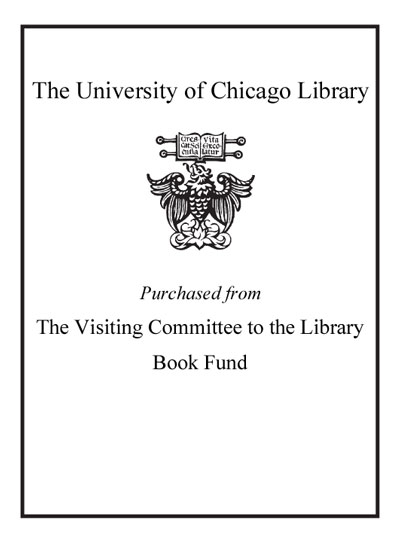Review by Publisher's Weekly Review
When Bernhard, arguably Austria's foremost and most controversial novelist and playwright, died in 1989 at the age of 58, his homeland was shocked to learn of his will's stipulations: his literary corpus could not be "produced, printed, or even just recited" within Austria for the duration of copyright. Moreover, he wrote, "I do not want to have anything to do with the Austrian state and... I reject in perpetuity... any overtures in that regard by this Austrian state concerning my person or my work." Such were the last stage directions to a life lived with serious theatricality. Honegger, an Austrian-born dramaturge, translator of Bernhard's plays and professor of theater, is less concerned with creating a typical biography than with locating Bernhard's works within post-WWII German theater and literature, and his sensibility within the Hapsburgian tradition of theatricality. Bernhard inverted this tradition to reveal his country's Nazi past, postimperial provincialism, legacy of anti-Semitism and hypercivilized hypocrisy. His plays, novels, editorial letters and interviews notably the drama The Hunting Party and the novel The Loser were calculated to disturb his audience and the peace. They earned him libel suits, inspired recalls from bookshops and brought denunciations from government cultural authorities and the literati. This controversial public role, Honegger argues, was that of a satirist who cast himself as court fool (a sign of upward mobility for the illegitimate child of a housemaid) and his commemoration of his culture's extinction as the funeral rehearsals of a chronic lung patient. Honegger's postmodernist and psychoanalytical interpretation of Bernhard's paradoxical life and obsessive art is altogether appropriate and effective. (Jan.) (c) Copyright PWxyz, LLC. All rights reserved
(c) Copyright PWxyz, LLC. All rights reserved
Review by Library Journal Review
In his novels and frequently performed plays, Thomas Bernhard, one of Austria's most important postwar writers, employed the self-consciousness style of high modernism to deliver stinging social critique. Several of his misanthropic and satiric works investigate the links between artistic creation and cultural decline. During his lifetime, Bernhard vociferously critiqued Austria's public culture and courageously exposed the country's systematic denial of its complicity with German crimes during World War II. Although his novels and plays are indictments of a country's dishonesty, bigotry, and xenophobia, they showcase a skeptical commentator's unease with his misanthropic tendencies. In her highly readable and admiring biography, Honegger (theater, Catholic Univ.) interprets Bernhard's self-dramatization as a theatrical device that shaped all of his work. In this first English-language biography, Honegger shows that Bernhard's dramatic and histrionic public gestures undermine the very cult of authorship that he now enjoys. Although the book occasionally bogs down in details about Austria as the claustrophobic hotbed of cultural repression, Honegger successfully uncovers the larger significance of Viennese provincialism and offers an absorbing portrait of one of Europe's uniquely gifted enfants terribles. Recommended for academic libraries. Ulrich Baer, New York Univ. (c) Copyright 2010. Library Journals LLC, a wholly owned subsidiary of Media Source, Inc. No redistribution permitted.
(c) Copyright Library Journals LLC, a wholly owned subsidiary of Media Source, Inc. No redistribution permitted.
Review by Publisher's Weekly Review
Review by Library Journal Review

